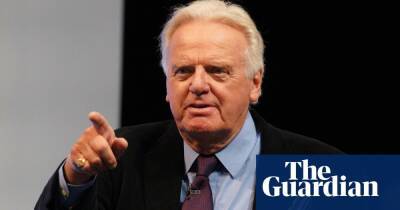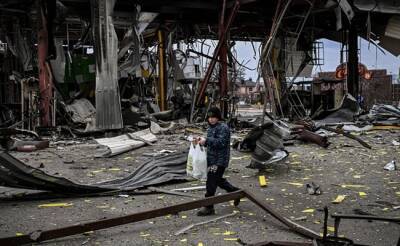The US economic war on Afghanistan amounts to a humanitarian crime
The war in Afghanistan did not end when US and UK troops left Kabul airport last year: it merely took a different, but still lethal, form.
The response of President Joe Biden to the military humiliation inflicted on America by the Taliban has been a scorched earth policy designed to cause the maximum amount of economic damage to what was already one of the world’s poorest countries.
Prosecuting this war by other means involved freezing Afghan state assets held in New York. It meant the threat of sanctions against banks and other foreign companies doing business in Afghanistan. It has involved halting payments from the World Bank’s Afghanistan Reconstruction Trust Fund (ARTF). It meant no emergency Covid-19 financial help from the International Monetary Fund.
At the time, it was obvious this withdrawal of overseas financial aid – which accounted for almost half of Afghanistan’s gross domestic product in 2020 – would have a disastrous impact, and so it has proved.
While the illicit opium-based trade is still going strong, the rest of the economy has pretty much collapsed. On average, firms have laid off 60% of their workers. The price of basic foodstuffs has risen by 40%. More than half the population is in need of humanitarian assistance and the poverty rate is in the region of 90%. By some distance, these are the highest levels of distress anywhere in the world. The UN children’s fund (Unicef) estimates more than a million Afghan children are at risk of dying from malnutrition or hunger-related disease.
The statistics don’t capture the full picture, of people so desperate for food that they are selling their young daughters into marriage or having their organs removed for cash. What is clear is that rather than selectively
Read more on theguardian.com



















